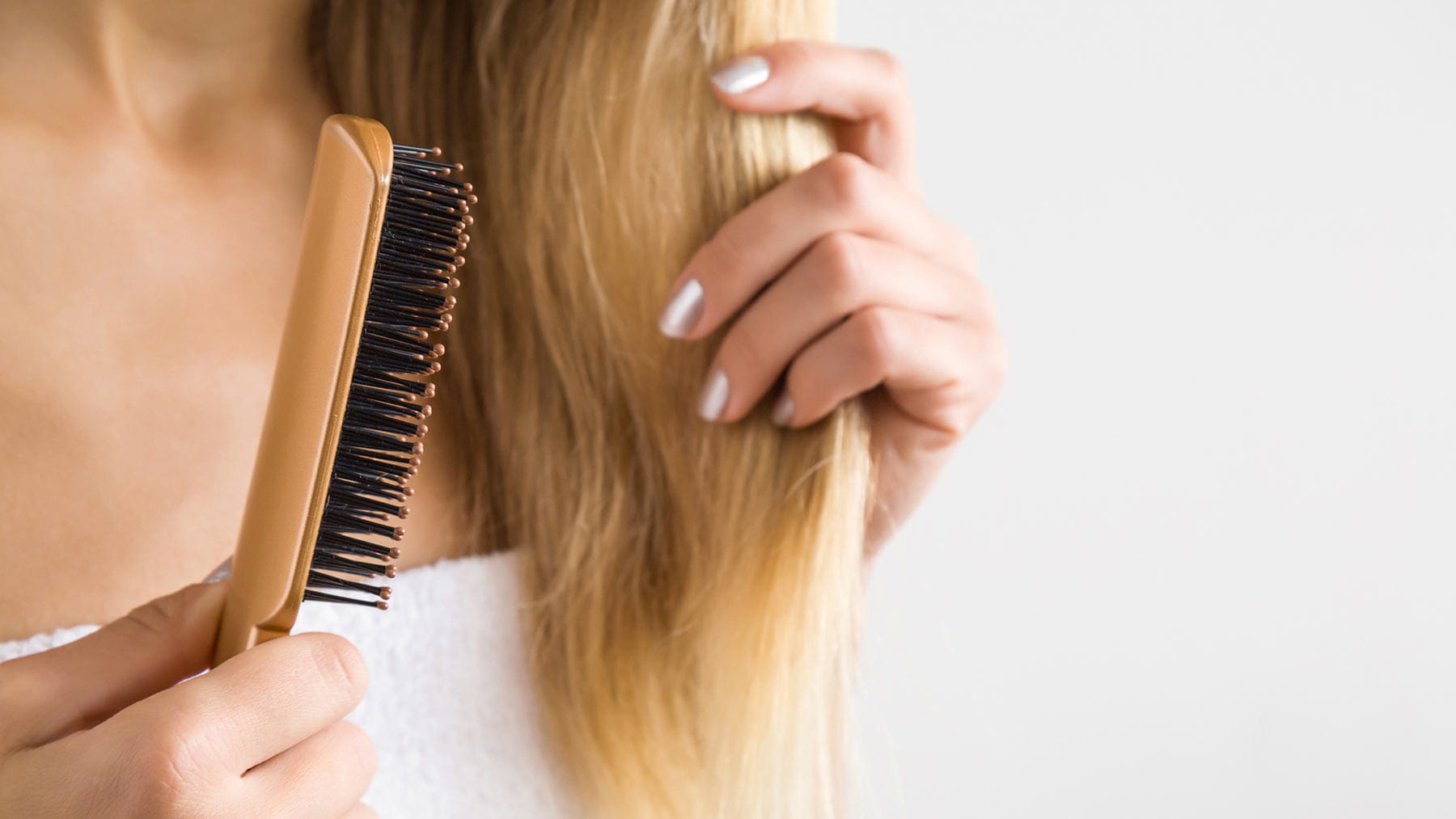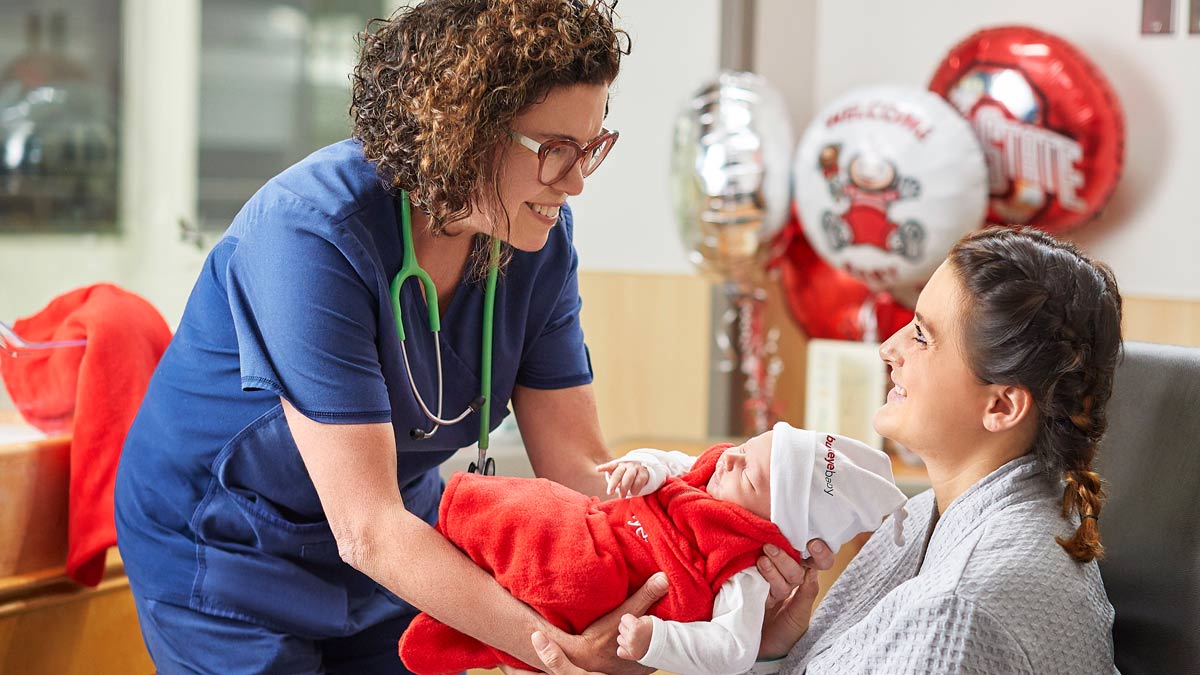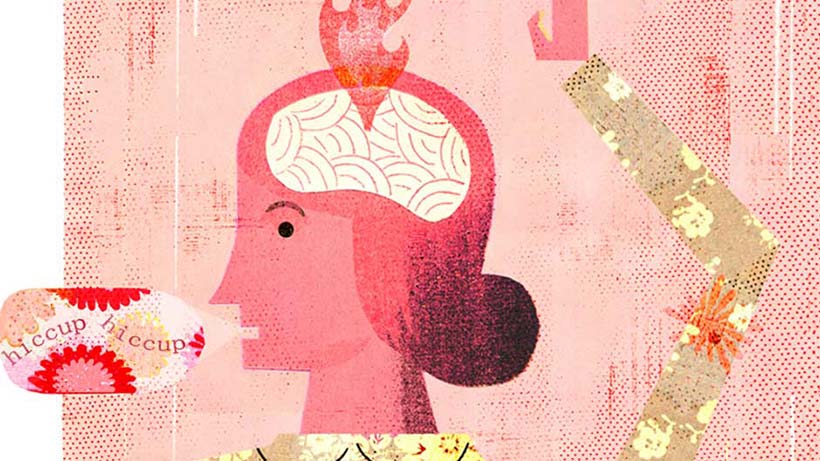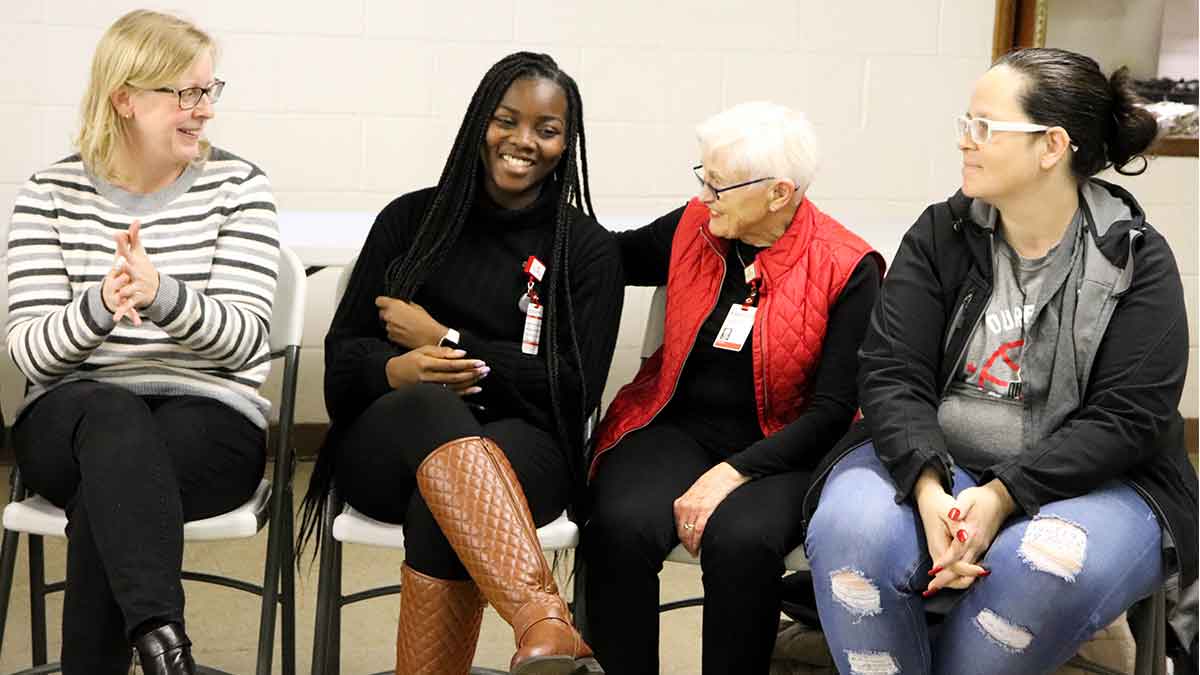What's causing your hair loss and what to do about it

Many women think of their hair as a reflection of who they are. Whether it’s long or short, hair can define your individual style and personality or even ease a busy morning routine, so the thought of losing it can be scary. But it’s not uncommon. According to the American Academy of Dermatology, about 40 percent of women experience hair loss.
Your scalp normally contains 100,000 hairs, of which 85 to 90 percent are typically in the anagen, or growth, phase. Only 15 to 20 percent are in the telogen, or resting, phase getting ready to shed. Typically, hairs in the growth phase remain on the scalp for an average of three years before they shed. Normally, people shed about 100 to 150 hairs per day, and hair grows at a rate of about a half a millimeter per day.
Hair loss or thinning can happen for various reasons. If you experience it because of changes in your life, don’t panic; most increased amounts of shedding resolve on their own without treatment but, if you notice larger amounts than normal coming out when brushing your hair or if your hair looks thinner (like your ponytail is thinner than normal), you should contact a board-certified dermatologist for an exam.
Causes
- Stress and trauma – major surgery, severe infection or other sources of severe stress like a car accident, death of a loved one or divorce can be the source of enormous physical and emotional stress.
- Hormones
- During pregnancy, a woman may benefit from the perk of voluminous hair thanks to increased estrogen. But after childbirth, estrogen levels drop and temporary hair shedding may occur.
- Menopause causes a dip in estrogen and can lead to changes in our body and hair. Unfortunately, as we age, some of our hair follicles stop growing and that’s why some women may experience thinning as they get older.
- The hormones in oral contraceptives that make them effective can also lead to hair loss especially if there’s a family history of hair loss. Stopping the use of oral contraceptives can cause hair loss, too.
- Dieting/Poor Nutrition – weight loss that happens very quickly or poor nutrition can affect your hair if you’re not getting enough nutrients.
- Tight hairstyles and rough handling – tight up-styles, cornrows, braids, ponytails, hair pulling or shampooing, combing or brushing hair too much or too hard can cause traction alopecia. This gradual, constant tension irritates your scalp and can cause hair to fall out.
- Excessive or improper use of styling products such as perms, dyes and relaxers can cause weathering or hair breakage.
Treatments
Topical over-the-counter minoxidil (also known as Rogaine) has been shown to help regrow hair or slow down hair loss. It works by prolonging the growth phase of hair. Some patients also find the oral supplements biotin or Viviscal to be helpful.
As for permanent hair loss, it really depends on the type. Hair loss like telogen effluvium, which is caused by a stressful event such as sickness or childbirth, are completely reversible over several months. Women with hair loss due to an underlying condition, such as thyroid disease, may see reversal with treatment of the disease. Some types of scarring hair loss, in which the follicle scars off and can’t grow hair, aren't reversible but can be slowed down with treatment. Others, such as female pattern hair loss, a type of hormonal hair loss, can be slowed down with treatments, but realistically, most patients shouldn’t expect to completely grow back all of their hair.




